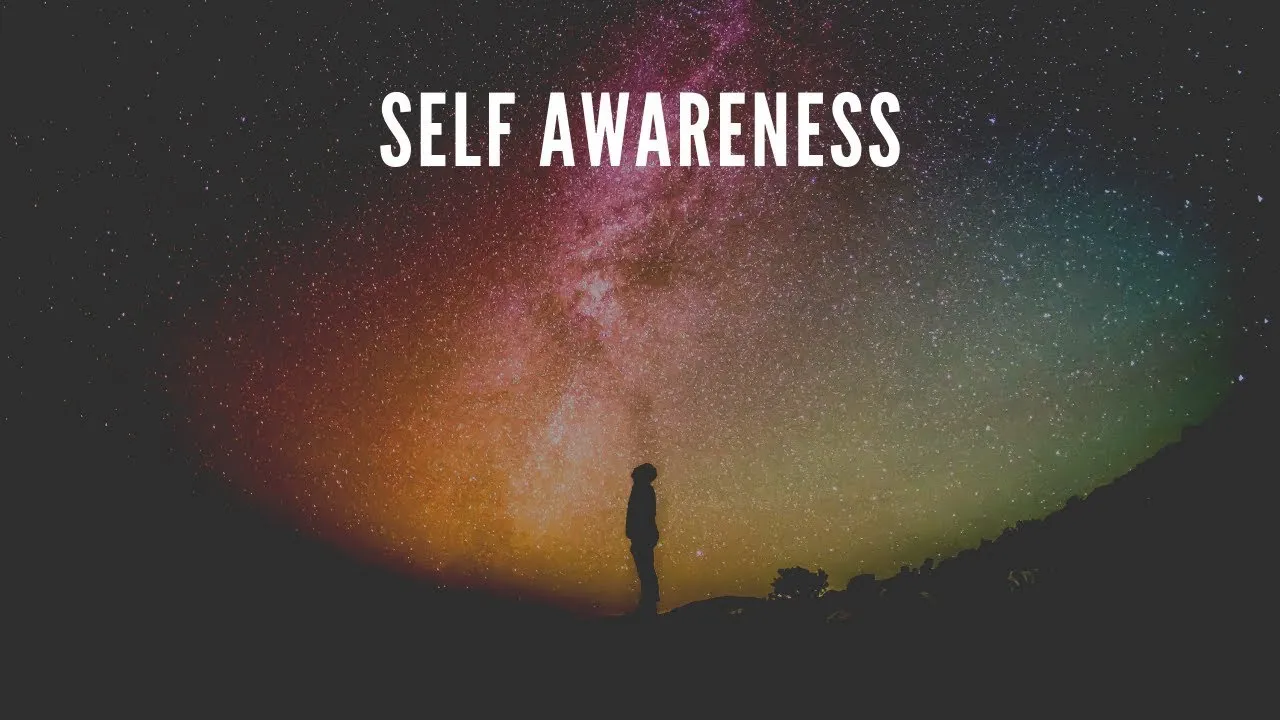Stress vs. Anxiety vs. Worry: What’s the Difference? In our fast-paced world, many people find themselves caught in a cycle of worry, stress, and anxiety. These terms are often used interchangeably in conversations and even in mental health discussions. But are they really the same? If you’ve ever wondered, “Are stress and anxiety the same?” or “What exactly are worry and anxiety?” — you’re not alone. Understanding the stress and anxiety difference, along with how worry fits into the picture, is essential for identifying the emotional challenges you face and seeking appropriate support or coping strategies. Defining the Terms: Worry, Stress, and Anxiety Let’s begin by defining each term to establish clarity. What is Worry? Worry is a cognitive process. It involves repetitive thoughts about potential problems or threats. Worry often centers on specific situations—like a work deadline, financial instability, or a loved one’s health. It’s typically future-oriented and often described as “what if” thinking. Worry is not always harmful. In fact, mild worry can prompt planning or problem-solving. However, when it becomes persistent or intrusive, it can be mentally exhausting and interfere with daily life. Examples of worry: “What if I mess up the presentation tomorrow?” “How will I pay this month’s bills?” What is Stress? Stress is the body’s natural response to a perceived challenge or demand. It is physiological and emotional. When we face a stressor—like a looming deadline, a traffic jam, or a health scare—our body activates the “fight or flight” response. This includes a surge of adrenaline, elevated heart rate, and heightened alertness. Stress may be either short-term (acute) or long-lasting (chronic). Acute stress is typically manageable and can even be motivating. Chronic stress, however, can wear down the body and mind over time, leading to health complications. Examples of stressors: A job interview An argument with a partner Ongoing financial hardship Don’t Miss: Stress Management Therapy with Examples – Illustrated What is Anxiety? Anxiety is an emotional and physiological state that occurs when we feel threatened or apprehensive—often without a clear or present danger. While stress vs anxiety may seem similar, anxiety is more persistent and pervasive. Unlike worry, which is confined to specific thoughts, anxiety can manifest as a general sense of dread or unease, even in the absence of a specific trigger. It may involve physical symptoms such as muscle tension, restlessness, rapid heartbeat, or difficulty sleeping. Examples of anxiety: A vague but persistent feeling of something bad happening Panic attacks or chronic unease with no identifiable cause Don’t Miss: Online Anxiety Counseling in India: Approach to Mental Well-being Stress vs. Anxiety: Understanding the Differences To understand the anxiety vs stress debate, it helps to look at their origins and impacts. Aspect Stress Anxiety Cause External trigger (event or demand) Internal or ambiguous threat (may not be tied to a clear cause) Duration Temporary, linked to a specific stressor Can be persistent, even without a known trigger Physical Response Fight or flight activation Similar, but often exaggerated or persistent Resolution Usually fades once the situation is over May linger or worsen even when the situation improves So, is anxiety and stress same? Not quite. Though they share similar symptoms—like fatigue, irritability, and trouble concentrating—they are fundamentally different experiences. Worry and Anxiety: How Are They Connected? When it comes to worry or anxiety, the line can be blurry. Worry is often the cognitive component of anxiety. It involves deliberate thinking patterns. Anxiety, however, is more visceral and emotional. You can worry without being anxious, but chronic worry often feeds into anxiety. For example: Worry: “I hope I don’t say something foolish during the meeting.” Anxiety: You feel a tight chest, can’t sleep, and avoid meetings altogether. Thus, worry and anxiety are related but not identical. Worry is what you think. Anxiety is what you feel—mentally and physically. Worry Stress: A Dangerous Combination Another common experience is worry stress—when persistent worrying becomes a source of stress. You may worry so often that your body reacts as if it’s under constant threat, keeping you in a state of hyper-arousal. This ongoing stress can damage your immune system, sleep cycle, and emotional well-being. In such cases, it’s essential to assess: Is my worry helpful, or is it creating unnecessary stress and anxiety? How to Tell What You’re Experiencing Here’s a simple way to self-assess whether you’re dealing with worry, stress, or anxiety: Are your thoughts fixated on specific future events? → Likely worry Are you reacting to a current life pressure? → Probably stress Are you feeling a general sense of fear or dread with no clear reason? → Most likely anxiety Each can affect the other. Chronic stress can evolve into anxiety. Constant worry can make stress harder to manage. And persistent anxiety can increase your vulnerability to both. Why It Matters: Understanding the Difference Is the First Step to Healing When you ask, “Is stress and anxiety the same?” or “What is worry and anxiety?”, you’re seeking clarity. And clarity is power. Labeling your experience correctly helps you choose the right tools. If you’re dealing with stress, time management, relaxation techniques, or lifestyle changes may help. If it’s anxiety, therapy or mindfulness practices may be more appropriate. If it’s persistent worry, cognitive strategies can help you reframe your thoughts. Understanding the stress and anxiety difference allows you to approach your emotions with compassion rather than confusion. When to Seek Help If stress, anxiety, or worry begin to interfere with your daily functioning—such as your work, relationships, or sleep—it’s time to seek professional support. A mental health counselor or therapist can help you identify patterns, explore root causes, and build effective coping skills. In Conclusion Though stress vs anxiety, anxiety vs stress, and worry or anxiety might seem like semantic debates, these distinctions have real-world implications. Understanding whether you’re dealing with worry, stress, or anxiety is the first step toward managing your mental and emotional health more effectively. So the next time you feel overwhelmed, take a moment to reflect: Is this stress about














